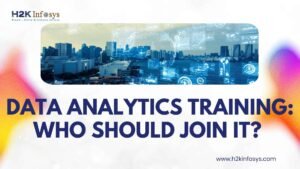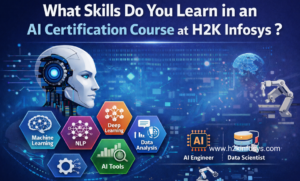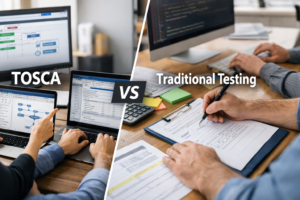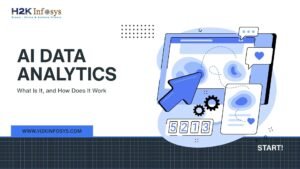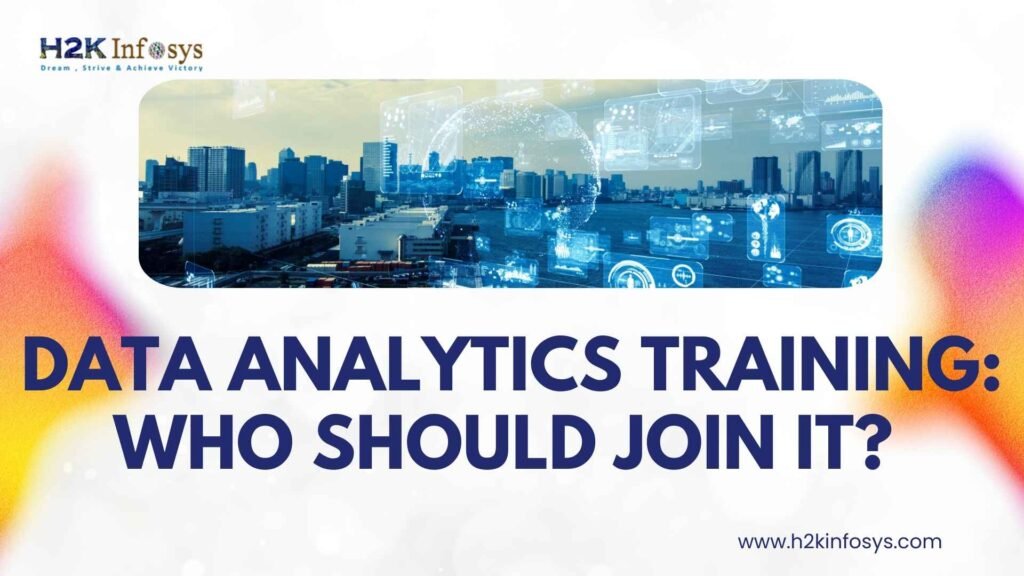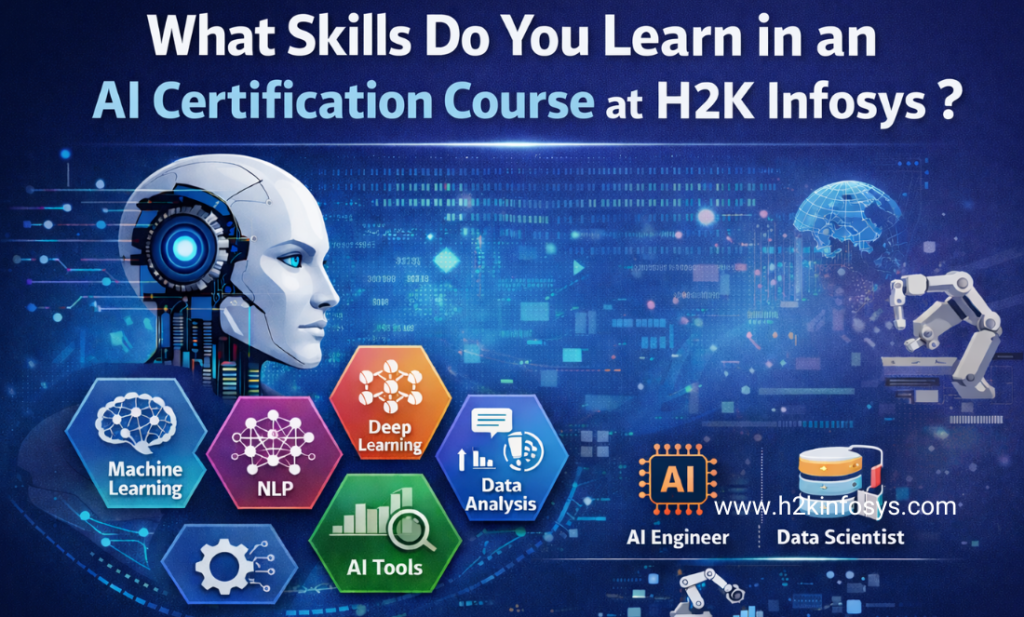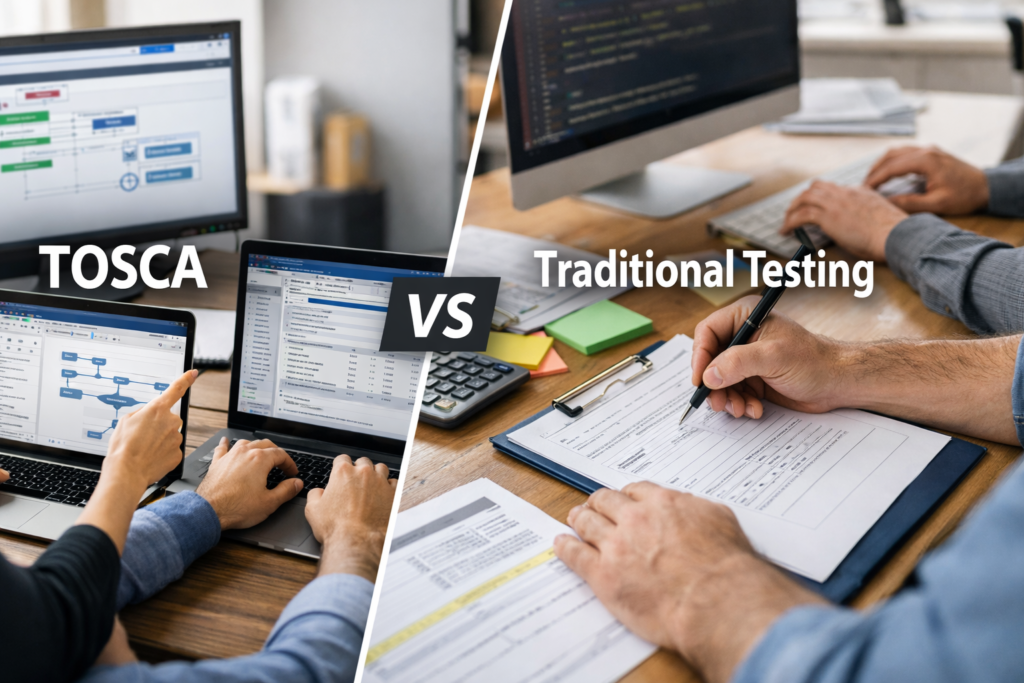In this article, we will be looking at the applications of artificial intelligence in marketing and how marketing brands can effectively make use of it. So, without further ado, let’s begin.
Artificial Intelligence has become a major trend in today’s top technology companies. It is finally hitting its stride as innovation and imagination come together. Beyond tech companies, the general public is also embracing concepts like virtual reality and artificial intelligence in marketing and daily life.
The modern business environment has now become the hub for artificial intelligence in marketing. This transformation stems from insight-driven eCommerce platforms and the rise of IoT (Internet of Things). As a result, AI will continue to shape how marketing is executed. For instance, when it comes to digital marketing teams, artificial intelligence in marketing bridges the gap between vast data sets and their effective execution. It also narrows the distance between customers and brands.
Marketers now use artificial intelligence in marketing to uncover unimaginable opportunities. These include improving digital market performance, enhancing profits, and deepening the data-driven focus. AI helps marketers gain stronger insight into customer behavior, boosting personalization and targeting.
As a modern marketer, you must understand how to leverage artificial intelligence in marketing effectively, which is why it’s important to take an Artificial intelligence certification course. These training programs equip you with the skills and tools to succeed in AI-driven marketing environments.
1. Marketers can now use AI Search Engines.
Search engines have long been an essential tool, even before the arrival of AI. But with artificial intelligence in marketing, search capabilities have advanced. AI now enables smarter search functions that understand user intent and provide more relevant results. AI-enabled search engines have some new techniques that, when used by your business brand, can help your customers find the service or product that they want to purchase. This is an easy process and will be done even if the customer types a jumbled term.

For example, if we consider a customer who wants to purchase a product on a massive e-commerce platform like Amazon. The customer has to type the general term into the search engine. The AI-enabled search engine that Amazon has will correct any typos to provide the most relevant result. The search engine also has an advanced search feature that provides you with more targeted searches.
2. Market Forecasting with Artificial Intelligence
Customer experience has become crucial with constant updates in search algorithms. Artificial intelligence in marketing helps marketers predict market structures and demand trends, allowing them to plan better campaigns and enhance customer satisfaction.
Take inventory marketing, for example. Marketers use AI to predict sales volume, optimize inventory management, and boost promotional efforts at the right time. Additionally, AI analyzes customer interactions to highlight patterns, helping marketers refine their approach or shift focus to better prospects.
With such forecasting, artificial intelligence in marketing helps businesses reduce waste, improve accuracy, and act proactively.
3. Marketers use AI for programming advertising.
Programmatic advertising automates the process of buying and selling ads. Thanks to artificial intelligence in marketing, this process is now data-driven and hyper-targeted. AI algorithms analyze user behavior to display the right ad to the right audience at the perfect time.
Marketers use cookies and AI data to identify users most likely to convert. For example, if a customer shows indecisiveness, AI tools track trends and preferences to optimize ad delivery for them. Through such predictive analysis, artificial intelligence in marketing enables the creation of lookalike audiences and segmented campaigns for higher ROI.
4. Through Content creation.
One major advantage of artificial intelligence, especially for marketers, is that AI systems can find, compile, and present useful content to your target audience. The information used to create this content is pulled from different data sets. This is beneficial for marketers because it complements their content marketing strategy. AI systems can create relevant, highly targeted, and curated content that is appropriate for your target audience.
Marketers also use artificial intelligence to bring about marketing strategies based on the data obtained from the AI system. If these insights that create content for your audience are used, then you can also use the insights to develop a strategy that you can use to communicate to your audience. You can also use this technique to gather information on prospects. As time progresses, the prospects are more likely to buy or subscribe to the product or service since they are looking for that exact offer.
Content creation is an important application of artificial intelligence for marketers. Since this concept is taught in an artificial intelligence training course as well as an artificial intelligence certification course, you should learn an AI course.
5. Artificial intelligence provides chatbots.
In Digital marketing, chatbots are regarded as a major part, especially in modern digital marketing. AI-enabled chatbots give responses to engage customers in terms of customer inquiries. Chatbots allow the marketer to have a high customer retention ability.
Large companies and businesses, even with a fully capable team dedicated to customer service, will struggle when dealing with millions of customers. This is why chatbots are needed to address the needs of the customer (mainly minor ones). Chatbots will engage the customer, thereby freeing up a representative to handle the major questions and concerns. Chatbots can also be used at any point in time, which is more practical than having human beings as a customer service team around the clock.
6. Artificial intelligence in marketing for dynamic pricing
Dynamic pricing is another key application of artificial intelligence in marketing. It enables marketers to adapt to real-time shifts in market demand. AI systems monitor trends and competitor pricing to offer strategic discounting or price hikes, maximizing sales potential.
Imagine a travel site that automatically increases flight ticket prices as demand spikes, or an online store offering limited-time discounts to boost slow-moving inventory. These are possible through artificial intelligence in marketing, making pricing agile and profitable.
AI-driven pricing strategies help businesses stay competitive while enhancing revenue management.
7. Boosting Ad Performance with AI Analytics
To evaluate whether your campaigns are working, you need analytics. With artificial intelligence in marketing, ad performance analysis becomes more insightful and granular. AI tools can identify which ads generate the most clicks, which region they perform best in, and what platforms bring in the traffic.
These insights help marketers understand what’s working and what’s not, allowing for better budget allocation, campaign restructuring, and improved ROI.
The impact of artificial intelligence in marketing lies in its ability to turn raw campaign data into actionable intelligence.
8. Personalization at Scale
Artificial intelligence in marketing allows brands to personalize user experiences on a massive scale. From email campaigns to product recommendations, AI can tailor content to individual preferences and past behaviors.
Think of how Netflix recommends shows or how Spotify curates your playlists. These services use AI to analyze what you like and provide personalized content. The same principles apply to marketing, whether it’s an e-commerce platform recommending products or an email campaign customized based on browsing history.
This level of personalization, powered by artificial intelligence in marketing, increases engagement and customer satisfaction.
9. Social Media Insights and Automation
Marketers also use artificial intelligence in marketing for managing social media campaigns. AI tools track trends, monitor brand sentiment, and identify what type of content resonates most with followers.
Automation powered by AI can schedule posts, optimize timing, and respond to common customer queries. AI also identifies potential influencers, monitors competitor activity, and forecasts campaign outcomes.
Through this intelligent automation, artificial intelligence in marketing helps marketers maintain a consistent and impactful social presence.
10. Visual Recognition for Smarter Targeting
Visual recognition is another breakthrough driven by artificial intelligence in marketing. AI tools now analyze images, videos, and facial expressions to determine customer preferences, emotions, or even identity.
For example, fashion brands can use visual AI to recommend similar clothing items based on a photo uploaded by the customer. Likewise, real estate businesses can analyze images to identify property types a customer might be interested in.
Visual search is redefining how brands interact with customers, and it’s all thanks to artificial intelligence in marketing.
Conclusion.
Artificial intelligence is a useful tool for marketers and marketing brands. With AI-enhanced marketing, you, as a marketer, can rely on artificial intelligence to determine the effectiveness of your marketing campaigns. You will also know where to invest that yield the highest return on investment. Artificial Intelligence also improves your customer experience, offering better opportunities for engagement.
It is also important to understand how artificial intelligence works concerning marketing; that is, you must learn an AI course. That is why I recommend that you enrol in both the Artificial intelligence training course and the artificial intelligence certification course.
No matter the industry, artificial intelligence benefits all modern marketing efforts of a marketer. It simplifies the marketing process and also provides solutions that are cost-effective, accurate, and effective. That is what l recommend for every business.








